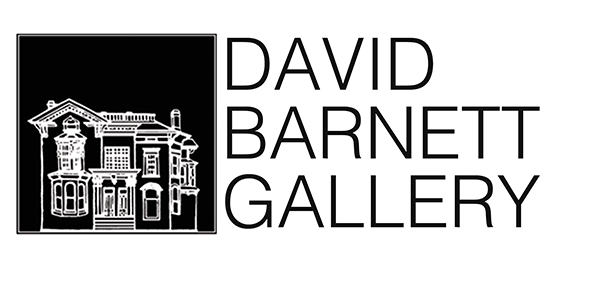

Impressions of Calatrava III
Artist: Jessie Spiess
Price:
$3,552.50
Medium: Prints


More Details
Creation Date: 2010
Materials: Archival inkjet print on white wove paper
Dimensions: 21" x 25" x 1"
Finish: Framed

About The Artist
Jessie Spiess is a Milwaukee Institute of Art & Design graduate who lives and works in Milwaukee. During her time at MIAD she also studied at the Bauhaus Universitat in Weimar, Germany for a semester on exchange. The bulk of Jessie’s artwork is made through and in the photographic medium, but she is always searching to push the barriers as to what constitutes a photograph. She also enjoys drawing, and experiments endlessly with fusing the two.
Jessie Spiess' works push the limit of photographic practice and speak to the ways in which landscape engages time and memory. Her images are blurred and almost flickering. The artist employs a multiple exposure technique that serves to break down the clarity of an image so that it is difficult to read. Because of its near illegibility, Spiess' works defies a viewer's expectation of photography as an index of the thing photographed, as proof of its existence. At the same time, however, the image is still present, even as it is a specter. It is notable that Spies calls her works "impressions" and that the photographs are printed on canvas--as its near abstraction is somehow "painterly"--recalling the work of the Impressionist painters and the oil sketch. Unlike the Impressionists, however, Spiess' work engages multiple moments in time imprinted on a single canvas. According to the artist, her works "at once diminish representational form and facilitate questions about memory and experience." Thus, rather than freezing a single image in time, the blurry impressions suggest of work of time on memory. The photographs demonstrate the ways in which time affects the clarity with which the viewer remembers something. Unlike a single exposure photograph, Spiess' work does not bring a clear picture of the past into the present; rather if problematizes the relationship between past and present by engaging the concept of memory.
More Galleries to Explore












 Facebook
Facebook
 Twitter
Twitter
 Email
Email






















